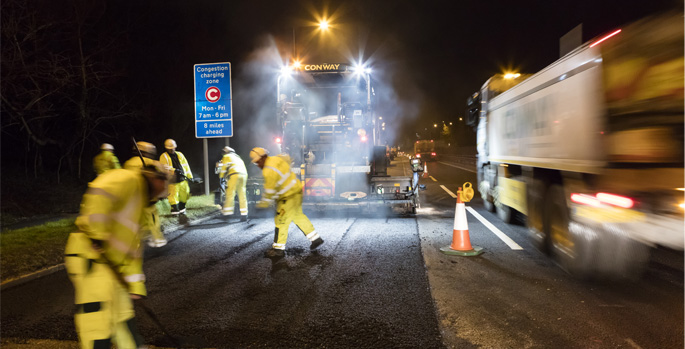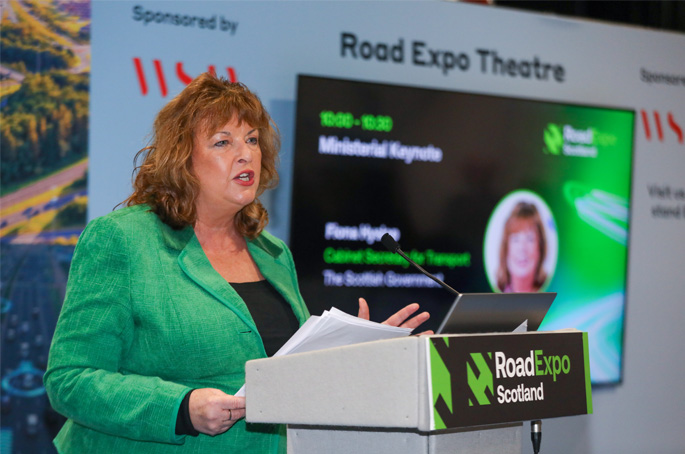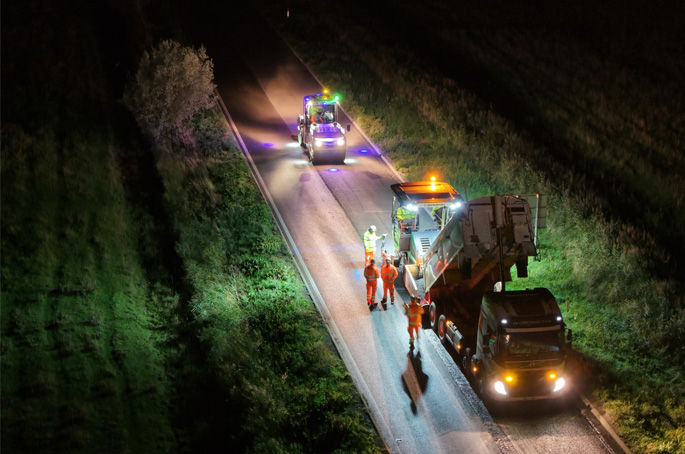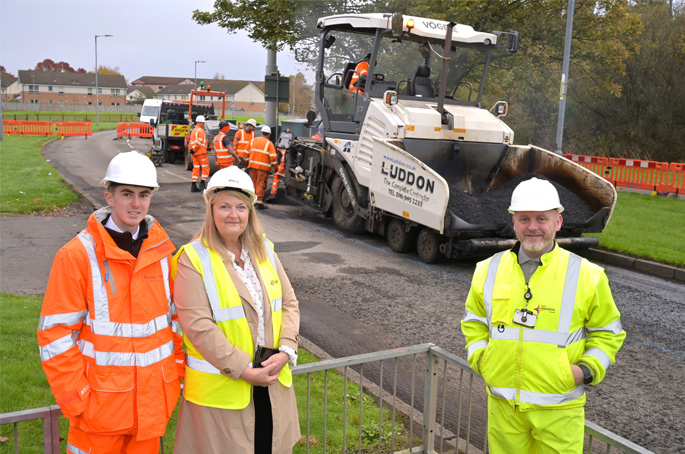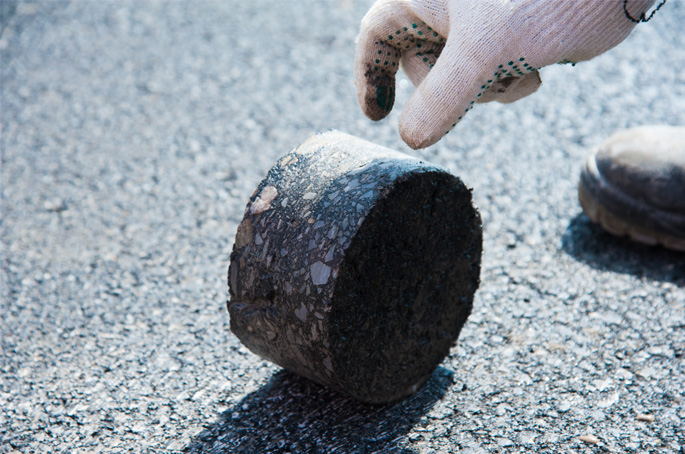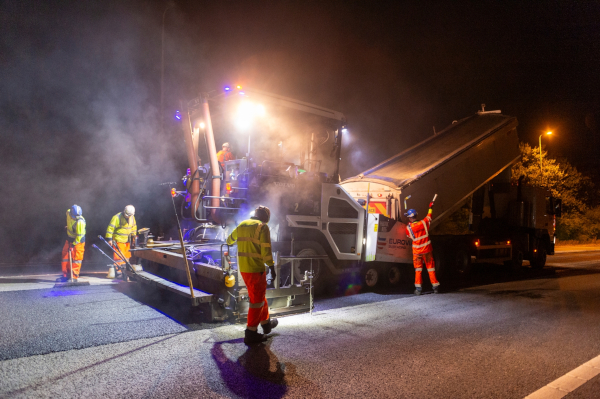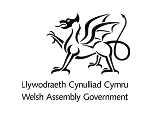Transport for London (TfL) has become one of the first UK road authorities to validate the use of 50% recycled asphalt in the top layer of road surfaces.
This announcement comes after the conclusion of a trial conducted in partnership with FM Conway, during which the company monitored the performance and durability of reclaimed asphalt pavement (RAP) in road surfaces on the A1 at Mill Hill.
Nine years later, FM Conway has confirmed that the 50% RAP content can endure ‘frequent, heavy traffic' while matching the performance of traditional asphalt.
The trial combined the practical testing at the Mill Hill site with laboratory results, which showed it ‘maintained its firmness and integrity over the trial period, which are indicators of its durability'.
TfL has also carried out further trials of this 50/50 mix on the A40 Westway and said that it now incorporates recycled asphalt ‘where feasible'.
Isabel Coman, TfL's director of engineering and asset strategy, said: ‘By trialling a higher proportion of recycled asphalt on the A1 at Mill Hill, we've become one of the first authorities in the UK to successfully incorporate 50% RAP in the top layer of one of our major roads and proved its ability to withstand heavy traffic loading.'
FM Conway technical director Mark Flint said to Highways: 'This successful trial with TfL marks a major step forward in busting some long-held myths about high-recycled asphalt mixes and getting the highways industry to embrace a circular economy.
'If we're serious about tackling climate change and building roads that are fit for the future, then we need to keep pushing the envelope on materials and methods.'
Image credit: FM Conway

